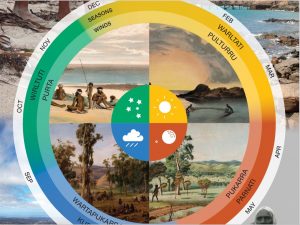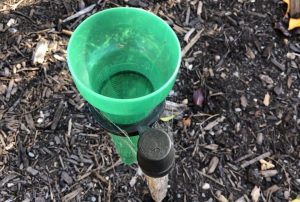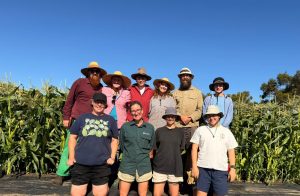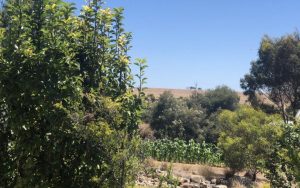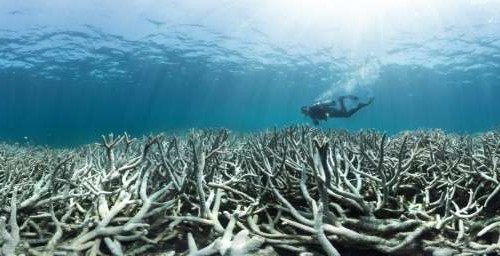
The Morrison government’s State of Conservation report for UNESCO fails to address the World Heritage Committee’s concern that it is doing all it can for the Great Barrier Reef, the Australian Marine Conservation Society (AMCS) says.
The report underplays the dire future our global icon faces due to global warming, and overplays the government’s management of the Reef, especially in regards to climate action.
Dr Lissa Schindler, AMCS Great Barrier Reef campaign manager said: “This important document is not upfront about the crisis facing the Great Barrier Reef, and the government’s inadequate climate plan is failing our Reef.
“All analyses make it abundantly clear that Australia is not on track to fulfill its Paris commitment and is not adequately contributing to global ambitions to limit warming to 1.5C – a crucial temperature threshold for coral reefs. In fact, if all countries followed Australia’s lead on climate policies the world will be headed for 3-4C of warming.
“While we were encouraged by the Morrison government’s recent funding announcement to tackle local threats like water pollution and illegal fishing, this State of Conservation report reaffirms that its head remains in the sand when it comes to the climate emergency – the Reef’s biggest threat.
“We are in a climate crisis. The Reef is in real trouble and communities will suffer economically if its health continues to decline. We need urgent action which we’re not getting from the Morrison government. It’s disconcerting to see the report portray the government as leaders in climate action, when this couldn’t be further from the truth.
“The fact is the Morrison government’s climate target remains at 26-28% emissions reduction by 2030 which will be disastrous for the Reef in this crucial decade.”
Dr Schindler added that while it was true limiting warming to 1.5C could not be achieved by Australia alone, as custodians of the Reef we should be leading the world with our response to the climate crisis.
“Our Reef is currently sitting on the precipice of another bleaching event driven by global heating, with scientists reporting that temperatures over the Reef in December were the highest on record,” she said. “We have recently seen three mass bleaching events in just five years and research has found that only 2% of the Reef remains unbleached in events since 1998. What is it going to take before our leaders start listening to scientists?”
Dr Schindler said the report also paints a far too rosy picture of achievements to reduce water pollution and tackle poor fishing practices.
“The recent initiatives announced to tackle water pollution and poor fishing practices on the Reef are welcome but we are years away from realising these benefits,” she said.
“In reality we are still a long way off meeting the water quality targets after decades of investment. Some populations of protected species such as turtles and dugongs are in decline and continue to be killed in gillnets on the Reef. The implementation of aspects of the Sustainable Fisheries Strategy are years behind schedule.”
UNESCO will be sending a Reactive Monitoring Mission to Australia in the months ahead to investigate the Reef’s health and management for itself. The World Heritage Committee will meet to discuss progress on saving the Reef at its next meeting in June.
“The action and progress detailed in the Morrison government’s State of Conservation report does not go far enough for the Reef, particularly in tackling the climate emergency. And it may not be good enough for UNESCO who will once more consider whether to recommend to the World Heritage Committee that the Reef be placed on the In Danger list later this year,” said Dr Schindler.

